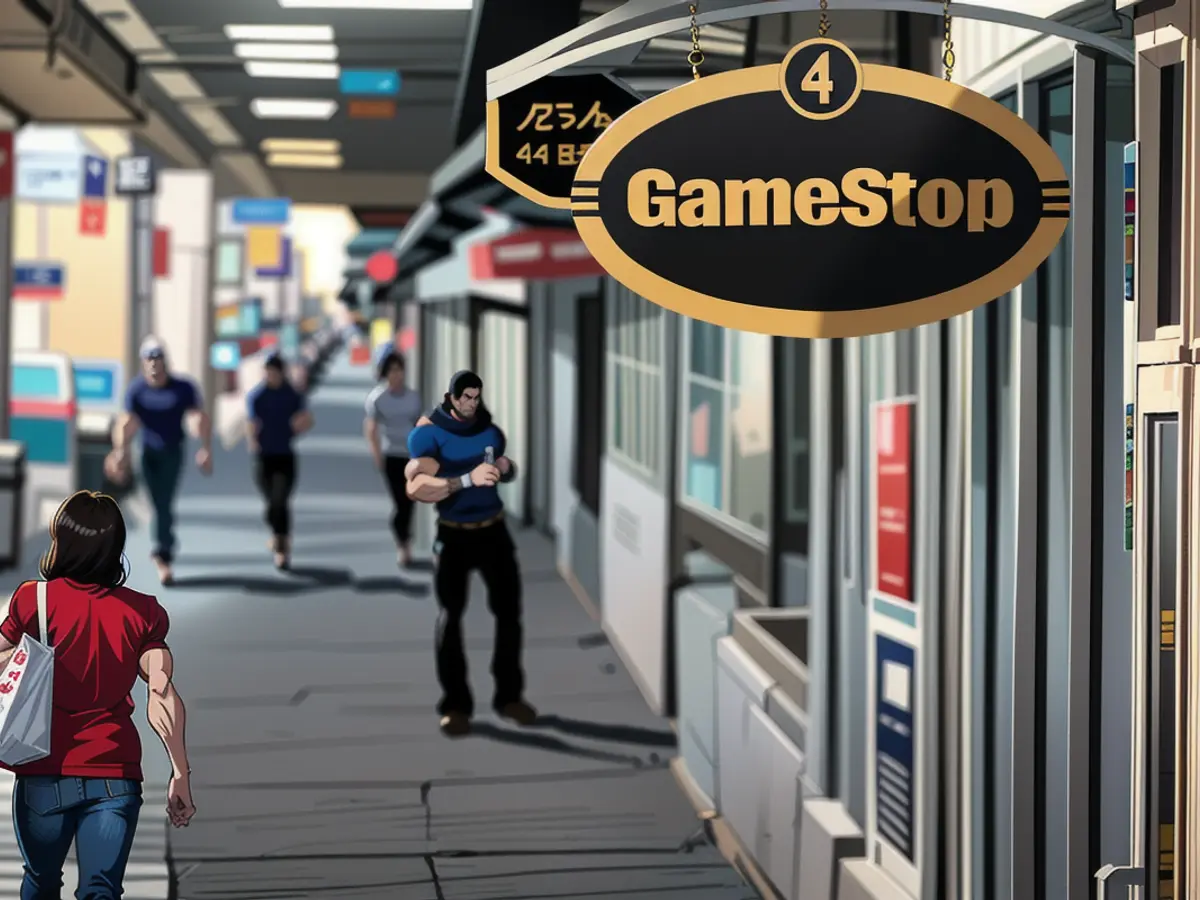Poor wagers on meme stocks caused a $1 billion loss.
Check out this: Over the first four months of the year, GameStop short-sellers had accumulated $392 million in profits, rising by almost 50%. However, with this week's increase, they've lost it all and are now faced with more than $1.2 billion in paper losses, as per S3 Partners' research.
Monday alone accounted for almost $1 billion of these losses.
To comprehend the appeal of meme stocks, it's crucial to take a closer look at the underlying tribalism driving them.
The day traders who initially drove up GameStop's price in 2021 weren't merely a mob seeking to challenge the entire stock market establishment; they were specifically targeting short-sellers. These traders are widely seen as disappointing figures in the financial world, from retail investors to tech billionaires like Elon Musk. The hatred stems from the fact that short-sellers profit from other people's failures. But short-sellers argue that they perform a vital function in preventing market bubbles from forming.
This deep-seated loathing of short-sellers fueled GameStop's meteoric 2,000% boost, resulting in companies like Citron Research abandoning short-selling and, eventually, leading to the collapse of a hedge fund called Melvin Capital a year later.
The community behind this phenomenon is WallStreetBets on Reddit, which espouses a "we against them" approach to investing. Shaming and ridiculing short-sellers was just as significant as making a profit for these "Apes" (as they refer to themselves).
The rise of meme mania 2.0?
While the excitement surrounding meme stocks continues to grow this week, it's highly unlikely that we'll witness a repetition of the frenzy that shook Wall Street in 2021.
In 2021, GameStop's short interest, which represents the percentage of shares sold short relative to its total public float, was a whopping 140%, indicating that some shares had been sold short multiple times. Presently, short interest stands at 24%, which is negative sentiment territory but far from the completely chaotic levels seen in January 2021.
It looks like shorts won't repeat the mistakes of Melvin Capital and hold on to their positions, hoping against hope for a turnaround in GameStop's fortunes.
On the other hand, the unyielding nature of both shorts and their "long-positioned enemies" could lead to a renewed battle royale. Although the basics of GameStop remain problematic - it's a retailer heavily reliant on malls and losing money - this is precisely why some traders are betting against its recovery.
"Buy to cover" trades will force many shorts to abandon their positions, ultimately sending GameStop's stock price skyrocketing. However, new short sellers are also expected to join the mix, taking advantage of GameStop's price being over $30 as an alluring opportunity to short sell.
Read also:
- Lack of snow also opens up new opportunities for winter tourism
- Abrupt end to e-car subsidies
- The chemical industry has little confidence
- Intersport boss hopes for sales boom through sporting events
Businesses that engage in short-selling often view investing in meme stocks as a risky venture. Despite this, some short-sellers still choose to invest in these stocks, hoping to profit from their perceived overvaluation.
However, the losses incurred by short-sellers due to the surge in meme stock prices can be substantial, as demonstrated by the substantial paper losses experienced by short-sellers in the case of GameStop.
Source: edition.cnn.com








